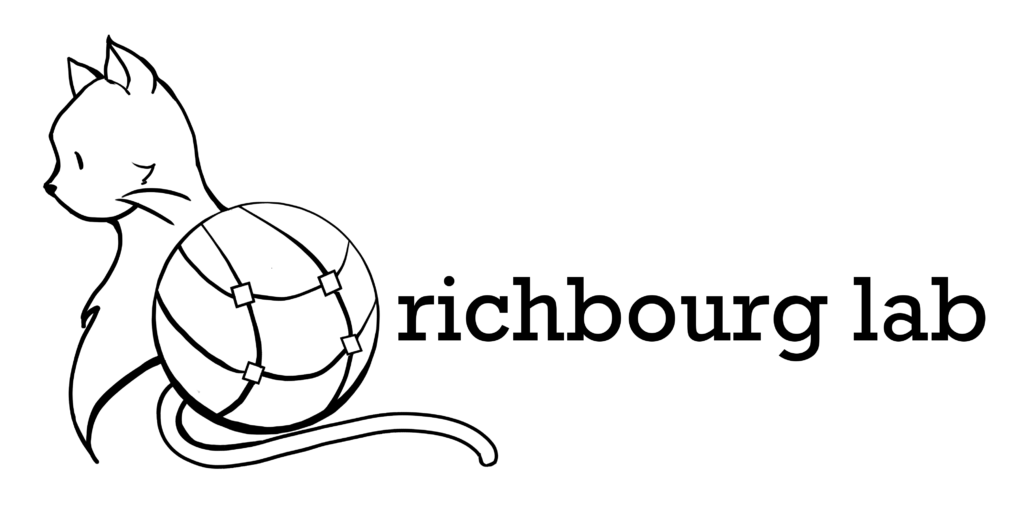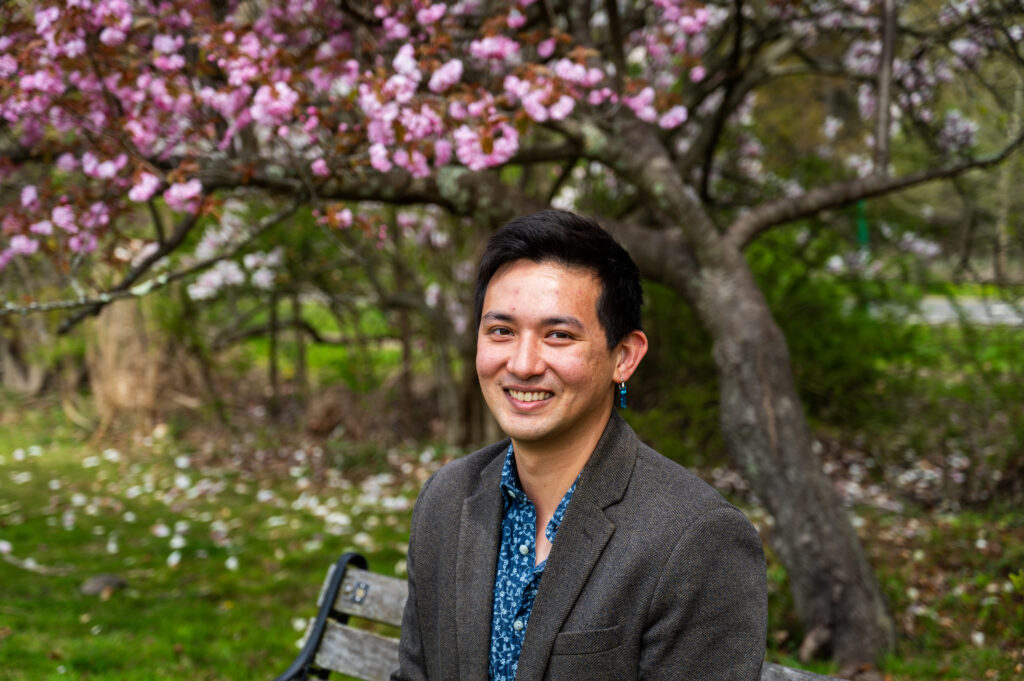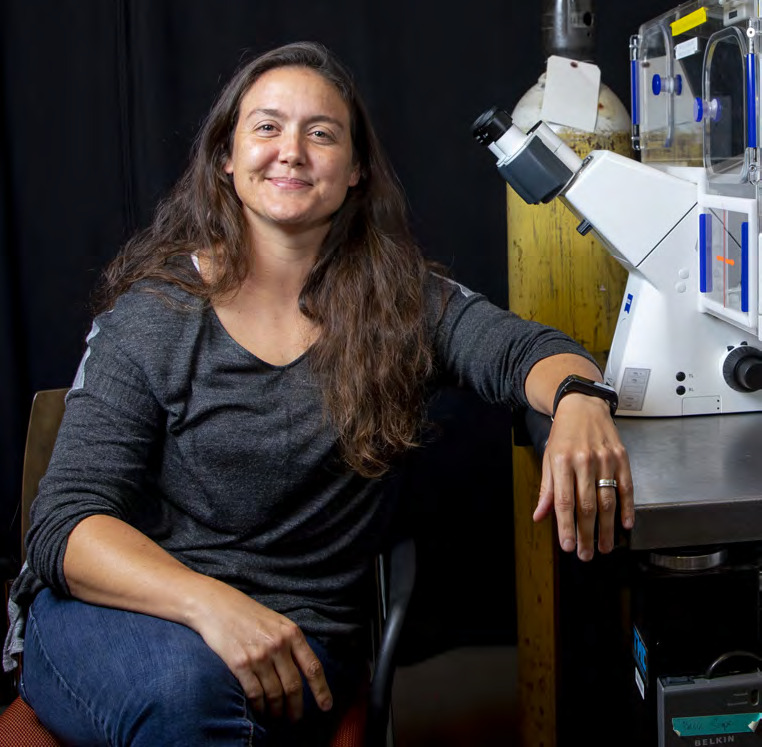HydrogelDesign.org was initiated by Nate Richbourg as a Biomedical Engineering Ph.D. student of Professor Nicholas Peppas. As an assistant professor of biomedical engineering at FAMU-FSU, Nate is dedicated to continue supporting the site and broadly improving hydrogel design research. The goal of HydrogelDesign.org is to promote rational hydrogel design and provide researchers with the information they need to use and build upon the swollen polymer network model. Here, we aim to present information about hydrogel design in a user-focused format rather than the less-accessible linear format of a scientific paper.
JEDI Statement
HydrogelDesign.org is committed to being a just, equitable, and inclusive resource for diverse users interested in hydrogel design. We value minoritized groups in STEM and academia including racial minorities, women, members of the LGBTQ communities, neurodivergent individuals, individuals with disabilities, and intersections of these identities. Nate volunteered in the annual Introduce a Girl to Engineering Day at UT and volunteers at the Women in Engineering and Computing Day at UMass and aims to continuously improve as an inclusive scientist, collaborator, and mentor. We are committed to including Citation Diversity Statements in review articles [1][2]. We support open-access reporting of research and provision of raw and processed data, research tools, and results [Tools Link]. Any questions or comments regarding our JEDI efforts should be shared with us via the Contact Page.
The Richbourg Lab
The Richbourg Lab started in Fall of 2025 in the Chemical and Biomedical Engineering Department of the joint FAMU-FSU College of Engineering. The Richbourg Lab is focused on applying fundamental hydrogel design principles to diseases related to bone marrow.


Nate Richbourg
Nate Richbourg wants to make hydrogel design for biomedical applications a reliable, modular field of research that will accelerate biomedical research and help to heal people all over the world. He is interested in all things related to the fundamentals of hydrogels, but he is also especially interested in applying hydrogel design to creating tissue engineering scaffolds that precisely mimic the extracellular matrix of soft, signal-rich tissues such as bone marrow and brain tissue. Nate graduated with his Ph.D. in Biomedical Engineering from the Peppas Lab at the University of Texas in 2022, refined tissue-mimicking hydrogels to investigate how the physical tumor environment affects breast cancer metastasis as a postdoctoral researcher in the Peyton Lab, and is now an assistant professor in the chemical and biomedical engineering department at the FAMU-FSU college of engineering in Tallahassee, Florida.
Zain Moin
Zain Moin was an undergraduate researcher majoring in biomedical engineering at the University of Texas at Austin. Zain developed many features of the site, including the in-page calculators and visually formatted equations.


Nicholas A. Peppas
Nicholas A. Peppas is the Cockrell Family Regents Chair in Engineering at the University of Texas at Austin, with appoints in the Department of Biomedical Engineering, the McKetta Department of Chemical Engineering, the College of Pharmacy, and the Dell Medical School. He is a world leader in biomaterials, controlled drug delivery, and bionanotechnology. He received his Sc. D. from MIT in 1973. The hydrogel design site continues his lifetime effort to rationalize the design and development of biomaterials, drug delivery systems and medical devices. Learn more about Nicholas Peppas at his website: The Laboratory of Biomaterials, Drug Delivery, and Nanotechnology.
Shelly Peyton
Shelly Peyton is the Armstrong Professional Development Professor in the Chemical Engineering Department at the University of Massachusetts Amherst, with appoints in the Molecular and Cell Biology Graduate Program and the Department of Biomedical Engineering. She is a world leader in biomaterials design and cell-environment interactions. She completed her Ph.D. in Chemical Engineering at UC Irvine in 2007. The Peyton Lab mission is to use biomaterials and bioengineering approaches to solve problems in human health. Her work focuses on research in breast cancer, lung cancer, traumatic brain injury, tissue engineering, coatings and adhesives, and drug screening. Rational hydrogel design focused on tissue biomimicry and disease modeling is a key tool in her work. Learn more about Shelly Peyton at her website: Peytonlab.org

Contact information is available via the Contact page.
While developing this site and completing the research described here, Nate Richbourg was supported by the National Science Foundation Graduate Research Fellowship Program (NSF GRFP). As a postdoctoral researcher, Nate Richbourg was supported through the NIH and the JKTG Foundation.
